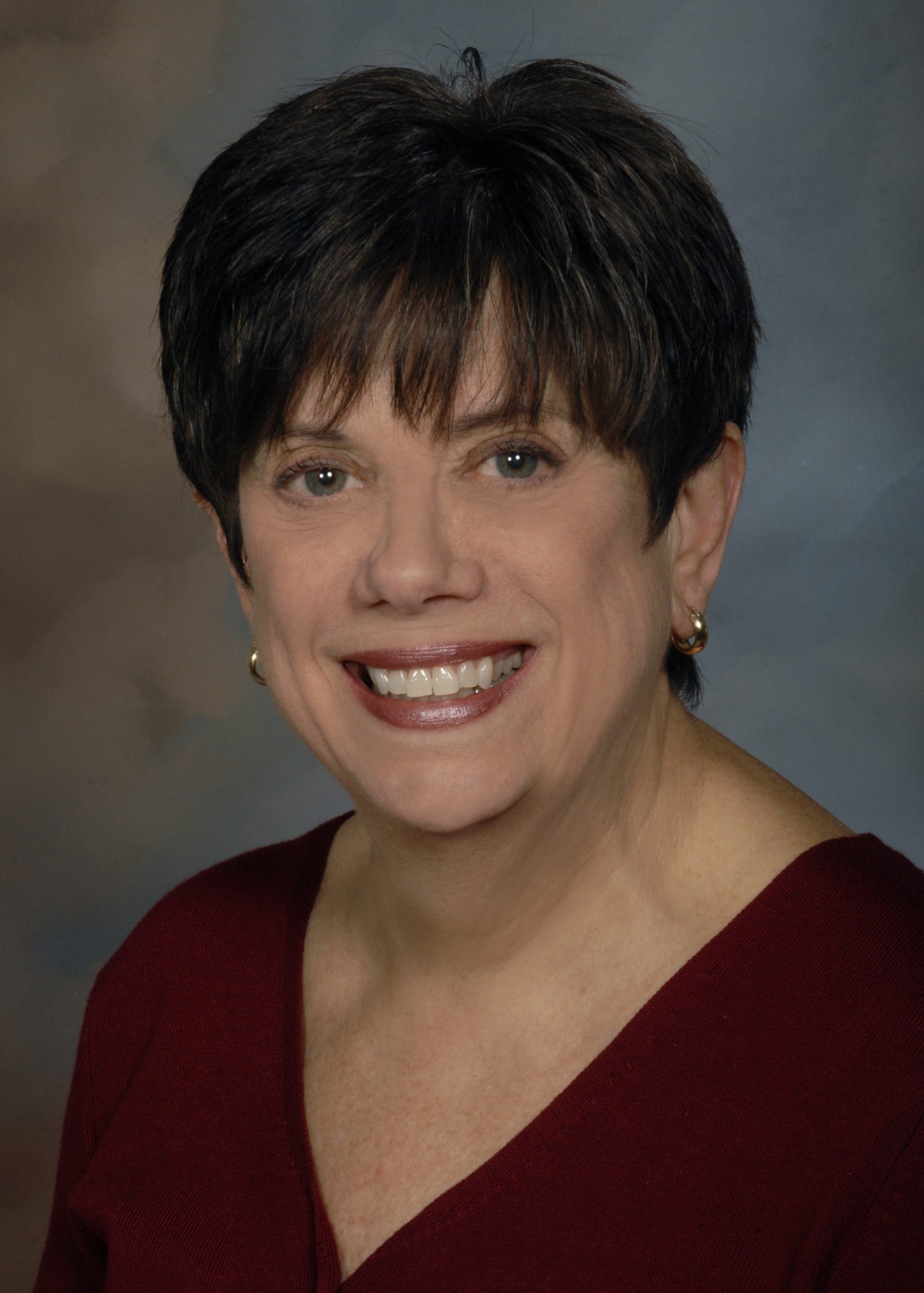
July 2, 2014 – Imagine giving birth in a country where you don’t speak the language. You have no close family or friends by your side and the medical practices are uncomfortably foreign. These experiences are not uncommon among African refugee women in Salt Lake City, but a new research project based at the University of Utah hopes to change that.
A three-year pilot program and study, Perinatal Community Health Workers to Support African Refugee Women and Families, will establish a community-based program that provides support, information and cultural liaison services for pregnant African refugee women in Salt Lake City.
The project begins July 1 and will be run by Jane Dyer and Aster Tecle, the U’s College of Social Work’s newly-selected Belle S. Spafford Endowed Chair and Chair-elect. Keri Gibson, a physician at the U’s Redwood Health Clinic, where the enrolled patients will be treated, will join Dyer and Tecle as a co-researcher on the project.
Refugee women often experience pregnancy in isolation because they may not speak English, may be unfamiliar with prenatal care, and have left extended family and friends in their country of origin or in refugee camps in Africa.
“While African refugee women are certainly not all alike, most do share similar cultural traditions,” explained Tecle. “Preventative care or health screenings are unknown concepts. Health concerns, cultural beliefs and preferences about pregnancy and birth may be in opposition to those common in western healthcare.” Many of these women find themselves without culturally-appropriate explanations and support, and experience poorer pregnancy outcomes when compared to other Utah women.
Based on Utah Birth Certificate data, African-born refugee women are more likely than white, non-Hispanic women to experience inadequate prenatal care and obstetrical problems such as pregnancy-induced high blood pressure or seizures, very large or very small infants and heavy bleeding at birth. They also may have existing health issues like anemia, lung disease, or renal disease that can complicate pregnancy and can contribute to serious birth problems such as dysfunctional labor, fetal distress and even infant death. “Many of these problems can be prevented or made less serious with proper prenatal care, information, explanations and self-care measures,” said Gibson.
To address these challenges, this project will train professional perinatal community health workers (PCHW) from the same cultures as the pregnant women participating in the project. The PCHWs will help mothers-to-be overcome language barriers, navigate the complex U.S. healthcare system, become familiar with U.S. prenatal care and delivery practices and more. The research project will enroll and serve at least 25 Somali women and 15 South Sudanese women receiving care at the University of Utah Redwood Health Center. In addition to the benefits provided to the study participants, the project will also benefit the PCHWs, who will gain valuable work experience, new skills, exposure to higher education and increased employment options.
“Our long-term goal is to develop a sustainable program that addresses isolation during pregnancy by helping expectant mothers receive appropriate information, assistance and care,” said Dyer. “We expect this to result in healthier mothers and babies, and a replicable model for a program that can help other groups of women.”
This Spafford Chair project was selected from a competitive field of proposals submitted by faculty at the University of Utah. “The selection committee was most impressed with the collaborative, multidisciplinary nature of this proposal, as well as its potential to impact so many lives,” said Hank Liese, chair of the selection committee. “We were particularly pleased to see how the project can be sustained after the three years of project funding expires.”
Dyer is an assistant professor in the University of Utah College of Nursing, specializing in nurse-midwifery, women’s health, health disparities and immigrant and refugee health, among other areas. She has provided hands-on pregnancy care with immigrant and refugee women, led community programs and organizations that address the needs of women and families, and has established a program of research focusing on the health care disparities of Utah women. Dyer earned master’s degrees in nurse midwifery and business administration, as well as a doctoral degree in nursing, from the University of Utah.
Tecle, a native of Eritrea, is an assistant professor in the University of Utah College of Social Work with research interests focusing on immigrants and refugees, displacements and global justice. She is a member of the advisory boards of the Utah Refugee Women’s Reproductive Health and Utah Refugee Women’s Initiative programs, and has helped develop workshops and information sessions for refugee women on women’s health topics. Tecle earned a master’s degree in sustainable international development from Brandeis University, followed by a master’s degree in social work and a doctoral degree in social welfare from the University of Washington.
Gibson is adjunct faculty and an attending physician at the University of Utah Redwood Health Center, where she provides care to newly-arrived refugee and permanently resettled patients from all over the world. Her ability to speak words and phrases in most of the languages spoken by her patients is part of the reason she has become the provider of choice for many of Salt Lake City’s African-born refugee women. After two years in the Peace Corps in Mali, Gibson graduated from the University of Virginia School of Medicine and completed a residency with the University of Utah Department of Obstetrics and Gynecology.
The Belle S. Spafford Endowed Chair in Social Work is a prestigious position at the University of Utah College of Social Work dedicated to improving the lives of Utah’s women and their families. It was established in 1982 to honor the pioneering work of the late Belle S. Spafford, the ninth General President of the Relief Society of the Church of Jesus Christ of Latter-day Saints. The position provides up to three years of funding for research-based projects that address issues of concern to women and families in Utah and tangibly benefit the community.
